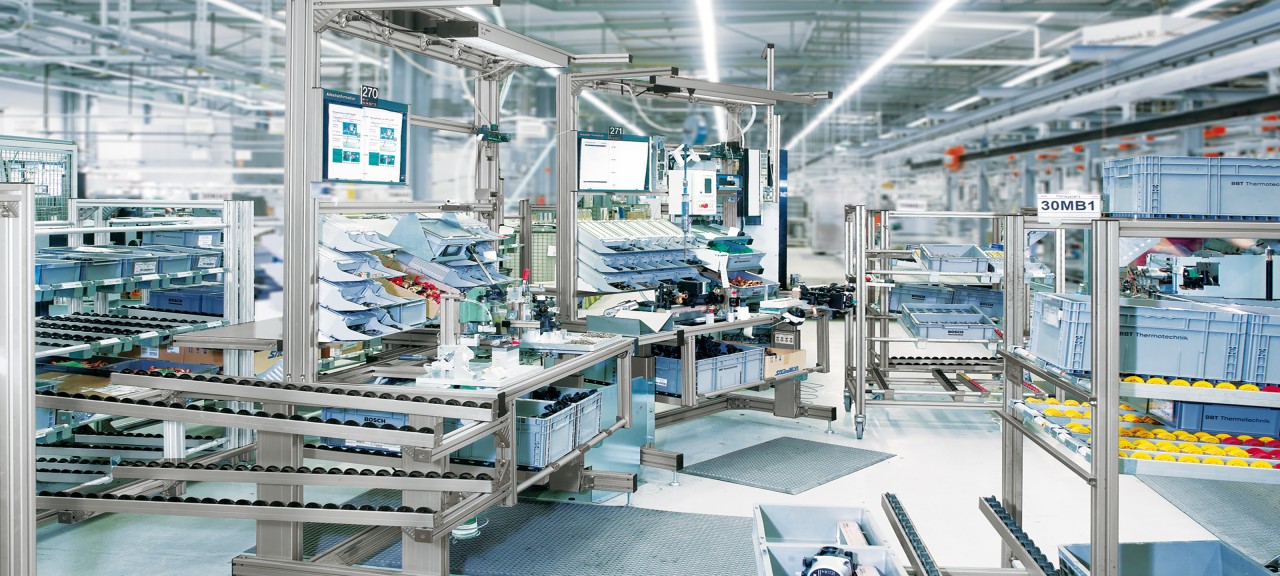

Before the batteries, together with the drive and display, can be combined to form a perfectly synced e-bike system, the manufacturing process has to go through roughly 20 stages. Electric “tailwind” for bicycles comes from Hungary: since 2015, the Bosch plant in Miskolc has been manufacturing high-performance e-bike batteries that feature an extended range and a long service life. During production, more than 90 components pass through over 100 process steps. The second generation is now going into large-scale production at Eisenach. In vehicles with combustion engines, such batteries ensure lower emissions, especially in cities, and reduce fuel consumption and CO2 emissions by up to 15 percent. With a comprehensive safety concept, it is then possible to establish the battery module’s electrical connection using a highly dynamic and precise laser-welding process.īosch’s Eisenach plant produces 48-volt batteries for the hybridization of passenger cars.
.jpg)
Robots automatically assemble the cell stacks in a two-step procedure consisting of dispensing technology and laser welding. Thanks to a sophisticated line concept, no particle contamination occurs during processing. For this purpose, the various functions of module production are combined: cell cleaning with incoming inspection, the stacking process as well as a special laser-welding process, and end-of-line inspection for quality assurance. Battery production at Webasto’s plant in Schierling, Germany, serves as a blueprint for new production facilities like the one in Dangjin, Korea.īosch’s role is to supply automated assembly lines for welding and gluing the battery cells. The company has been involved in the field of electromobility since 2016 and, in addition to high-voltage heaters and recharging solutions, also focuses on battery systems for electrified vehicles. Webasto is a pioneer in the production of battery packs. Webasto battery production relies on Bosch technology Bosch is doing its part to meet this demand,” Najork says. “Our assumption is that the global battery market will grow up to 25 percent each year. The company has experience in developing batteries for vehicles as well as for e-bikes, power tools, and kitchen appliances, and has extensive manufacturing expertise.īosch says it intends to use this know-how to meet the growing demand. Bosch says it offers a portfolio of solutions ranging from 48-volt mild hybridization to fully electric drives and fuel cells. Currently, more than 60 percent of that demand stems from electromobility (source: VDMA, 2020).

The market is huge: experts predict that demand for lithium-ion batteries will rise from around 200 GWh in 2019 to more than 2,000 GWh by 2030 (source: BMWi, 2021).

Battery market grows up to 25 percent annually


 0 kommentar(er)
0 kommentar(er)
